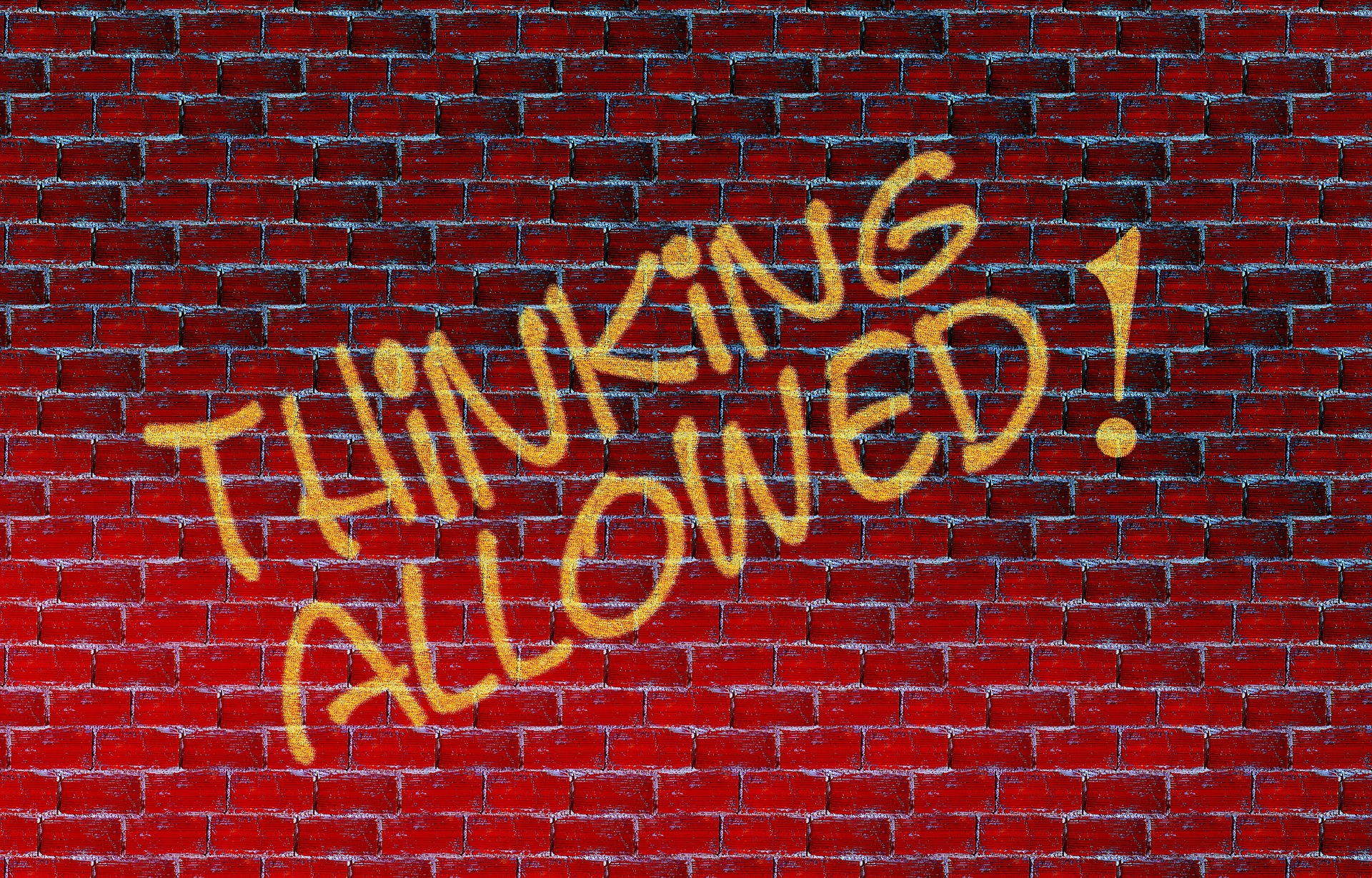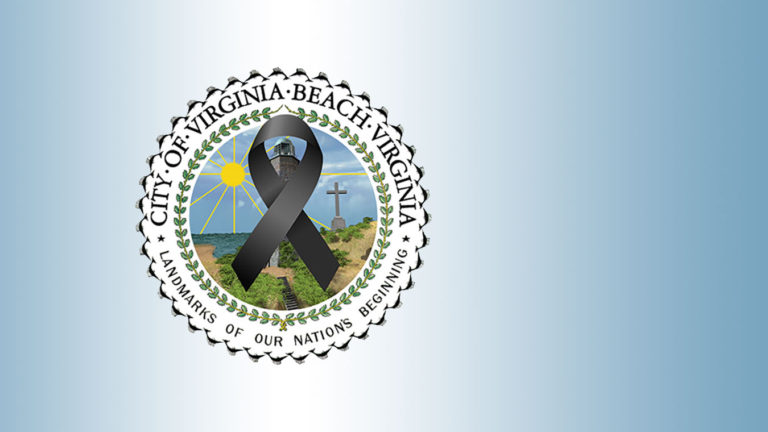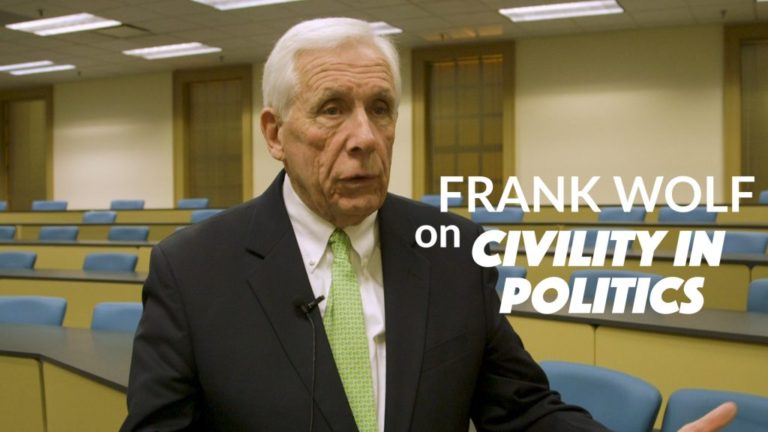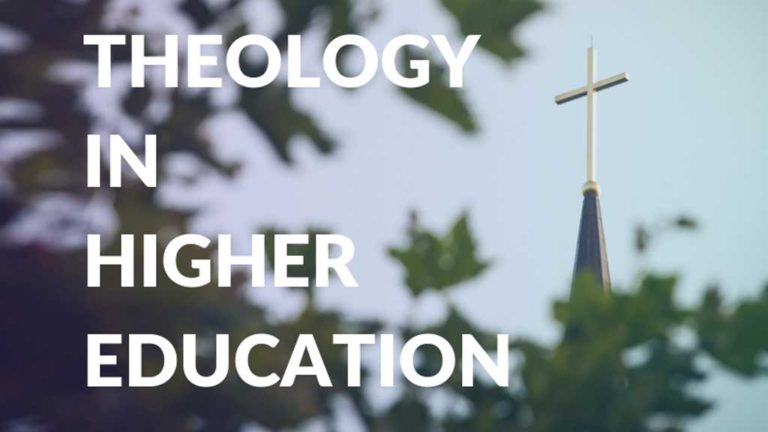Way-In: The 75th Anniversary of the Liberation of Auschwitz
Introduction
January 27, 2020 marks the 75th anniversary of the liberation of Auschwitz, the Nazi concentration and extermination camp. Piotr Cywiński, director of the Auschwitz Museum, has stated that “The year 2020 will also be special due to two anniversaries related to the memory: The 20th anniversary of the adoption of the Stockholm Declaration, under which the Task Force for International Cooperation on Holocaust Education, Remembrance, and Research was established, today the International Holocaust Remembrance Alliance; and the 15th anniversary of the adoption of 27 January as the International Holocaust Remembrance Day by the United Nations General Assembly. Both events symbolically took place on 27 January, on the anniversary of the liberation of Auschwitz.”1
Regent University Faculty Way-In
This month our featured faculty expert is Dr. William Skiles, Assistant Professor of History, who also teaches courses in the Department of General Education and the Department of Government, History, and Criminal Justice. His research focuses on the history of the Confessing Church in Nazi Germany and the history of Jewish and Christian relations. Here is Dr. Skiles’ Way-In:
“On this 75th anniversary, we remember the one million Jews the Nazis murdered in the death camp at Auschwitz. And we remember the survivors, those who have borne witness to the Nazi atrocities in World War II. In remembrance, we renew our commitment to ensure this world is a better place and that another Holocaust never happen again.
“As Christians at a liberal arts institution, I would encourage reflection on two important points as we remember the anniversary of the liberation of Auschwitz. First, the long tradition of Christian antisemitism contributed to the perpetration of the Holocaust, and we as Christians have a responsibility to fight against antisemitism in our churches. Germany in 1933 was 97% Christian, and it was professing Christians who voted the Nazis into office and supported the regime. It was Christians who participated in the exclusion of Jews from German public life, and indeed, the perpetration of the Holocaust. Let us be vigilant in eradicating all traces of antisemitism in our churches, from the content of our teaching and the messages in our sermons, to the elements in our liturgies.
“Second, as members of a liberal arts institution, we have a duty to ensure that our work is driven by our love for God and our neighbors, and informed by Scripture, so that can actively contribute to human flourishing, both as individuals and as a community. We would do well to remember that the perpetration of the Holocaust involved the well-educated engineers and architects who built the camps and crematorium; the lawyers who drafted and supported antisemitic laws; the doctors who made the selections of life and death at the camps; and the university professors who endorsed Nazi ideology in their classrooms and in their research. And the list could go on. Let us continually re-evaluate our work here at the university to ensure we are contributing to human flourishing.
“This 75th anniversary is a reminder that our fight against racial prejudice is ongoing and integral to our work here at Regent University.”
Read more from Dr. Skiles on the Confessing Church:
- William Skiles, “Spying in God’s House: The Nazi Secret Police and Sermons of Opposition,” in Church History and Religious Culture, 98 (2018), 425-447.
- William Skiles, “Protests from the Pulpit: The Confessing Church and the Sermons of World War II,” in Sermon Studies 1, no. 1, (2017), 1-23. Retrieved from https://mds.marshall.edu/cgi/viewcontent.cgi?article=1001&context=sermonstudies
- William Skiles, “‘The Bearers of Unholy Potential’: Confessing Church Sermons on the Jews and Judaism,” in Studies in Christian-Jewish Relations 11, no. 1, (2016), 1-29. doi: https://doi.org/10.6017/scjr.v11i1.9498
Here are a few artistic works that reflect on the Holocaust:
Music
I Never Saw Another Butterfly (aka The Butterfly) is one movement in a choral song cycle composed by Charles Davidson. Davidson set poems that were written by Jewish children imprisoned in Theresienstadt (Terezin), where they awaited transport to a death camp. This poem was written by Pavel Friedman. The Milken Archive offers more information and a taste of each of the tracks in the cycle. Click here to listen to the first section of The Butterfly performed by the San Francisco Girls Choir. A full recording, sung by the Northwest Girls Choir is available by clicking here. It will touch you deeply,
Art
Many valuable art works were stolen from Jewish families by the Nazis during the Holocaust. One that has received attention is the 1907 painting by Klimt titled Portrait of Adele Bloch-Bauer I. Click here for an article about Maria Altman’s legal battle to recover the painting stolen from her family.
Film
Klimt’s Portrait of Adele Bloch-Bauer I became the subject of the 2015 film Woman in Gold starring Helen Mirren. Click here to view the trailer. For background on the painting’s provenance, Nazi looting of art collections and the legal dispute between MAria Altman and the Austrian government, see the documentary film The Art of the Heist: The Lady in Gold.
Regent Response
You may recall that last year, Regent University hosted the Beyond Duty exhibit, which honored 36 diplomats who risked their lives and the safety of their families to save Jews during the Holocaust. In the past, Regent has also hosted the What We Carry exhibit.
As you think about this anniversary, consider the ongoing issues such as:
- Recent attacks on Jewish people and the persecution they still encounter.
- Controversy over who owns the Land of Israel.
- CBN News Reports on Vice President Pence’s attendance at a Holocaust Remembrance Event.
- Controversy over restitution for survivors of the Holocaust.
- Ongoing activity of neo-Nazi groups.
How do you respond to these impacts? How does it affect you? What are you doing to address these concerns? Please post your comments, reflections, and questions below. Our faculty expert, Dr. William Skiles, will provide insightful responses in an upcoming YouTube session which will be announced here shortly.
Thank you for your thoughtful and prayerful consideration.
Regent Resources
Torah Scroll
The Library has a Torah scroll in our Special Collections department. The scroll was copied in Yemen in the 18th century and may be viewed by making an appointment Call 757-352-4185.
Related Regent University Faculty Books and Articles
- Just American Wars: Ethical Dilemmas in US military History, by Eric Patterson. Available in print and ebook.
- The Christian Vocation of Forgiveness: Living a Life of
Peace and Grace, by Dominick Hankle. Available in print. - Moral Victories: The Ethics of Winning Wars. Edited by Andrew R. Hom, Cian O’Driscoll, and Kurt Mills. Available online.
- The Palgrave Handbook of Global Counterterrorism Policy. Available in print and ebook.
- Philosophers on War. Edited by Eric Patterson and Timothy J. Demy. Available in print.
- The Routledge History of World Peace Since 1750. Available in print and ebook.
- War and Religion: An Encyclopedia of Faith and Conflict. Available in print.
Helpful Links
Please feel free to share other helpful resources!
For more about the Library’s newly-launched Way-In discussion series see the Library Link announcement.
To comment on this post or share your thoughts about the Holocaust and how it is remembered, click here.
– Dr. Esther R. Gillie, Dean of the University Library
1“Auschwitz-Birkenau,” Państwowe Muzeum Auschwitz-Birkenau, accessed January 25, 2020, http://auschwitz.org/en/home-page75/
The views and opinions expressed in this post are those of the authors and do not necessarily reflect the official policy or position of Regent University.







